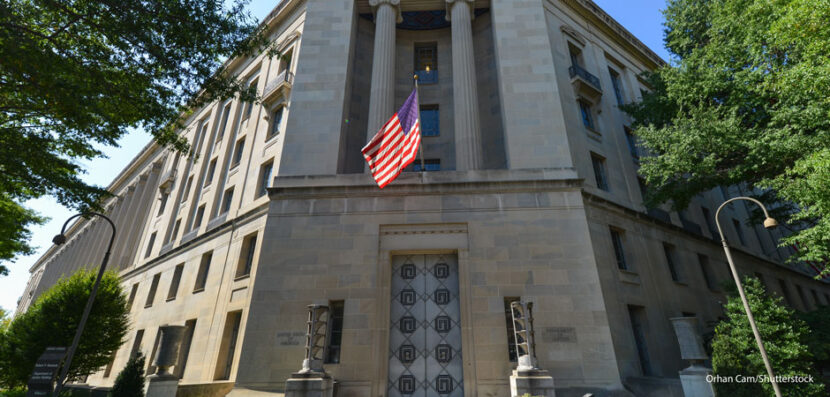- Current Events New Alabama Congressional District Selects Candidates
- Current Events Nebraska Rejects Winner-Take-All Proposal
- Citizenship Voting Under Age 18
- Citizenship Citizenship in Action
- Democratic Party Biden’s and Trump’s Recent Primary Results
- Elections Trump and Biden Win South Carolina and Michigan Primaries
Sessions Resigns
Last Wednesday, Attorney General Jeff Sessions officially resigned his post at the urging of the president, making him the fifty-fifth White House official to leave the administration since Trump was inaugurated in January 2017. Here, Election Central takes a closer look at the story, as well as the impact of Sessions’ departure on the ongoing investigation into the 2016 presidential election.
What Happened?
Trump has been vocal about his unhappiness with Sessions for some time. Sessions recused himself from the ongoing investigation, led by special counsel Robert Mueller, into Trump’s role in the Russian attack on the 2016 presidential election. This means that Sessions refused to oversee it. This infuriated Trump, who personally believed that it was Sessions’ job as attorney general to oversee the investigation and step in if it stepped over the line. At one point, Trump even stated publicly that had he known Sessions was planning to recuse himself, he would have chosen a different attorney general.
As time passed, Trump’s derisive public comments escalated. The president accused Sessions of not being able to take control of the Justice Department, and said that the only reason he’d selected Sessions in the first place was because of Sessions’ support during his campaign.
So, given all of that, it may not seem such a surprise that Trump and Sessions officially parted ways last week. Some experts, however, were surprised that the president chose to do it just one day after the midterm elections. Although Sessions technically resigned, the former attorney general indicated in his resignation letter that he was stepping down at the president’s request.
Sessions’ Legacy
Jeff Sessions served as attorney general for almost two years. During that time, he defined himself by being strongly anti-immigration and tough on crime. Sessions’ “zero tolerance” immigration policy led to thousands of children being separated from their parents at the U.S.’s southern border this year. He has also worked to deny federal funding to so-called “sanctuary cities,” and he has fought for the strictest possible sentencing for drug criminals. His supporters have praised Sessions’ efforts to fight the opioid epidemic and keep violent criminals off the streets. His opponents have accused him of fear-mongering and strongly dismissed his response to immigrants, refugees, and petty criminals.
What’s Next?
Matthew Whitaker, Sessions’ chief of staff, will step up to become acting attorney general. Here’s why that’s important: the attorney general has ultimate control over Robert Mueller’s special investigation. However, Whitaker has made comments in the past about how he thinks Mueller’s investigation has gone too far and that the president shouldn’t face charges.
Democrats worry that Whitaker could put a halt to the entire investigation. They are calling for Whitaker to recuse himself from the investigation, but so far, he has refused. As a result, hundreds of rallies sprang up nationwide on Wednesday night, as thousands of people took to the streets to protest Whitaker’s appointment and demand that the investigation into Trump goes forward as planned.



